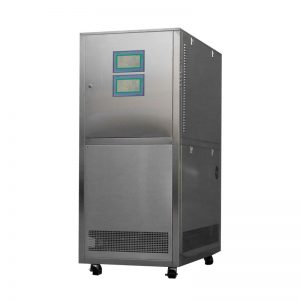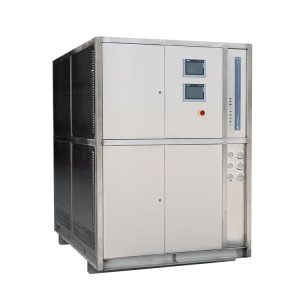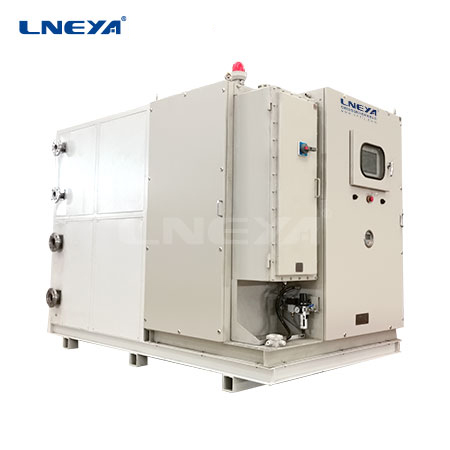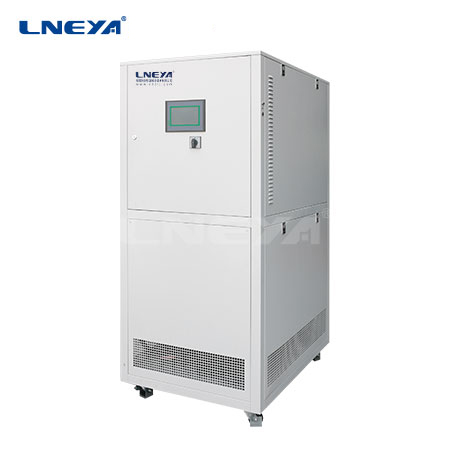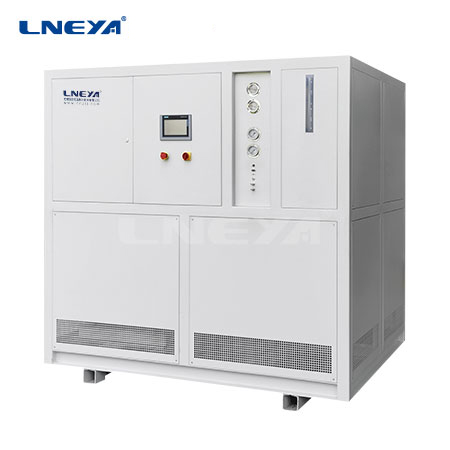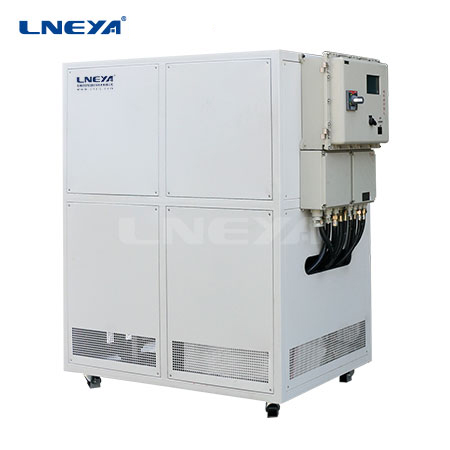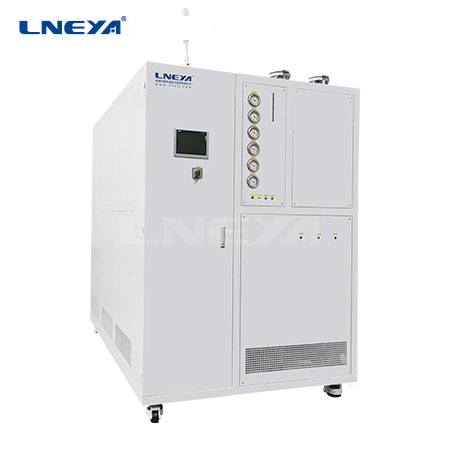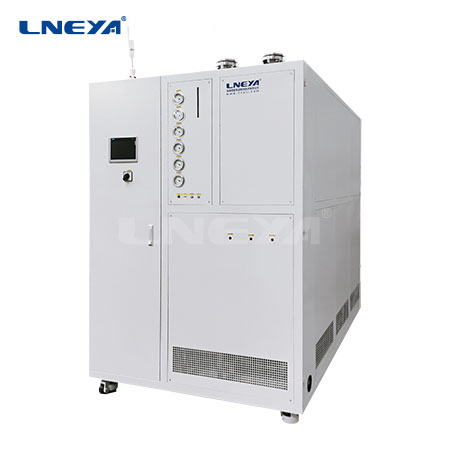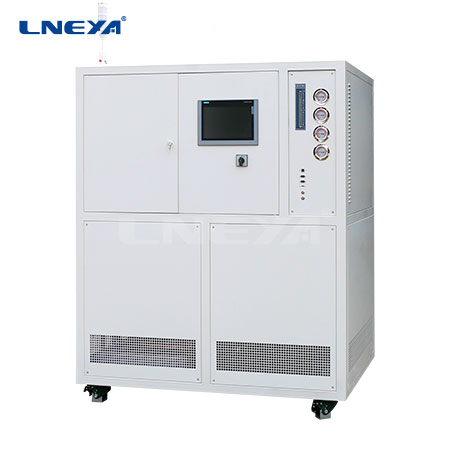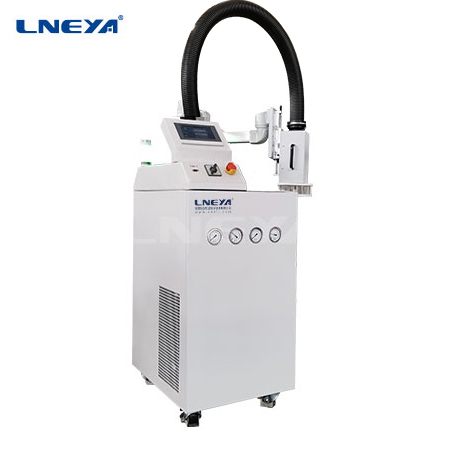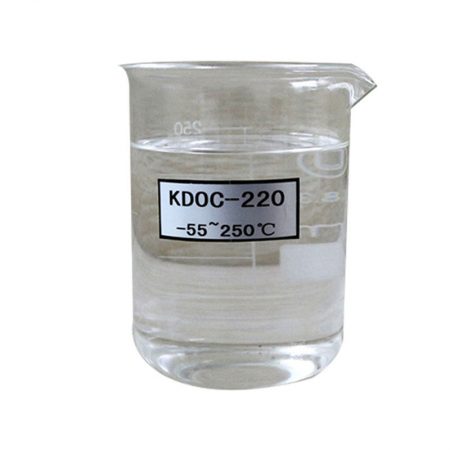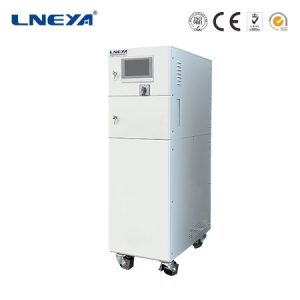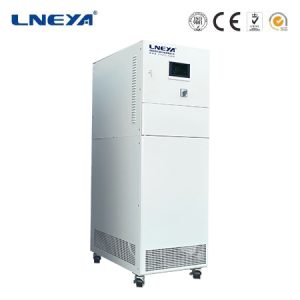Lab Water Heater: A Vital Tool for Precise Temperature Control
Lab water heaters, commonly known as water baths, are essential in scientific laboratories for maintaining a constant temperature for a variety of applications. These include chemical reactions, sample incubation, and thermal stress testing. The importance of a lab water heater lies in its ability to provide uniform heating and precise temperature control, which are critical for accurate experimental results.

Principles of Operation
Lab water heaters operate on a simple yet effective principle. They use water as a heat transfer medium, which is heated by an immersion heater. The temperature is controlled by a thermostat, which can be either analog or digital. In an analog system, the temperature is controlled by a bimetallic strip or a mercury switch, while digital systems use a PID controller for more precise temperature regulation.
Types of Lab Water Heaters
There are several types of lab water heaters, each designed for specific applications:
Shaking Water Bath: These are designed for applications that require continuous shaking of samples at a controlled temperature. They are commonly used in molecular biology experiments and hybridization procedures.
Circulating Water Bath: Also known as a stirrer water bath, these units circulate water to ensure a more consistent temperature. They are used for enzymatic or serological experiments and are known for their precision and efficiency.

Non-Circulating Water Bath: These rely on natural convection for heat distribution and are suitable for applications that do not require precise temperature control over an extended period.
Polycarbonate Water Bath: These baths feature a transparent polycarbonate container and are suitable for temperatures up to 100°C. They are often used for incubating enzymes, bacteria, and tissue cultures.
Components of a Lab Water Heater
The main components of a lab water heater include:
Container: This holds the water and can be made of various materials such as stainless steel or polycarbonate.
Heating Element: This is responsible for heating the water. It can be an immersion heater that is either controlled by an analog thermostat or a digital PID controller.
Thermometer and Thermostat: These components monitor and regulate the temperature of the water.
Circulation Pump (in circulating models): This ensures that the water is evenly distributed and maintains a consistent temperature throughout the bath.
Benefits of Lab Water Heaters
The use of lab water heaters offers several advantages:
Precise Temperature Control: Digital water baths, in particular, offer high precision and stability of temperature, which is essential for many laboratory applications.
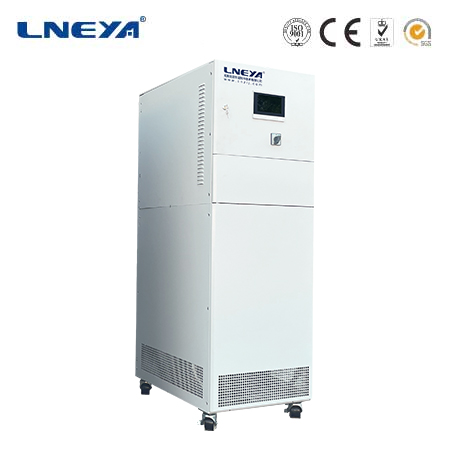
Uniform Heating: The circulation models ensure that the heat is evenly distributed, providing uniform heating to all samples.
Versatility: Lab water heaters are used in a wide range of applications, from chemical reactions to cell culture incubation.
Safety: They provide a safer alternative to open flame heating sources, reducing the risk of accidents and fires.
Latest Trends in Lab Water Heater Technology
Recent advancements in lab water heater technology include:
Digital Controls: Digital water baths offer more precise temperature control and user-friendly interfaces.
Circulation Systems: These systems improve temperature uniformity and are essential for applications requiring high precision.
Shaking Mechanisms: Some water baths incorporate shaking mechanisms for applications that require agitation or mixing of samples.
Programmable Features: Some advanced models allow users to set specific temperature profiles and timers for automated operation.
In conclusion, lab water heaters are indispensable in maintaining optimal conditions for various laboratory processes. By understanding their principles of operation, types, components, and the benefits they offer, laboratories can select the most suitable water heater for their needs. With the market showing steady growth and technology continuously evolving, lab water heaters will play a crucial role in the future of scientific research and industrial processes.
 LNEYA
LNEYA
 简体中文
简体中文










